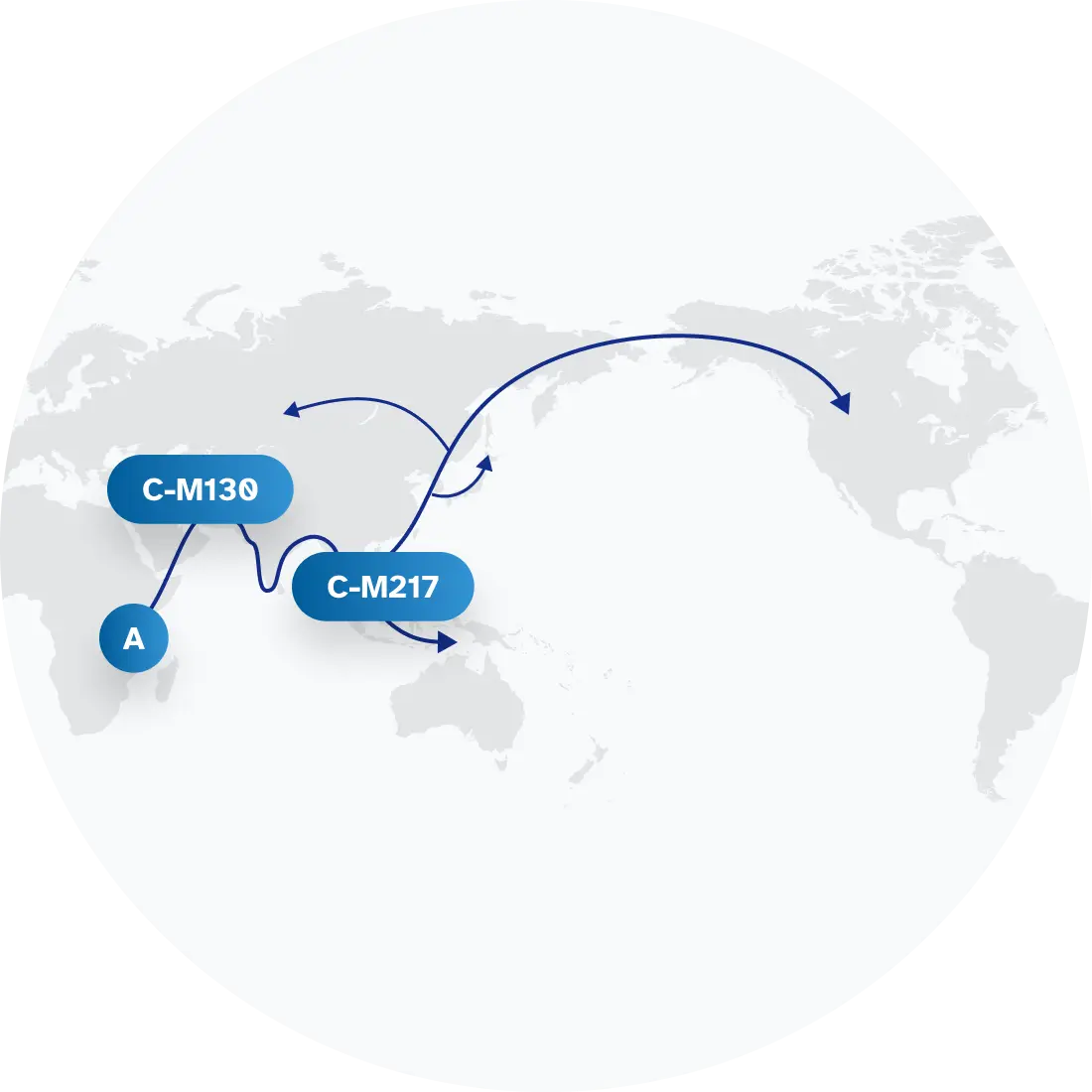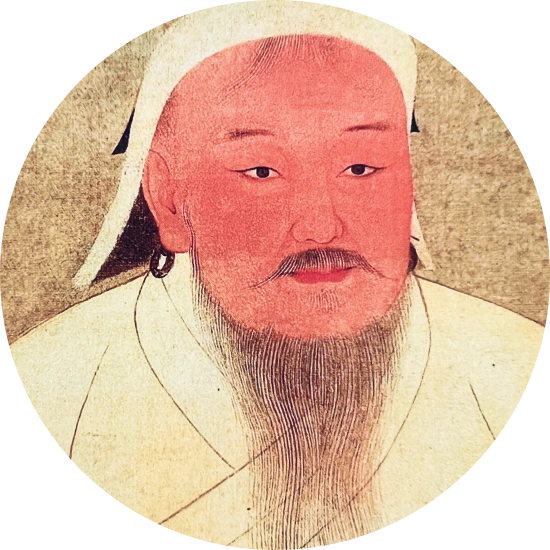Explore the Family Name Fortune
How common is the last name Fortune in the United States?
Based on the Decennial U.S. Census data, the surname "Fortune" has seen a slight decrease in popularity between 2000 and 2010 - moving from rank 3018 to 3051, a change of -1.09%. However, the number of people carrying this surname increased from 11,016 to 11,748, indicating a growth of 6.64%. The proportion per 100k also slightly decreased by -2.45%.
| 2000 | 2010 | Change | |
|---|---|---|---|
| Rank | #3,018 | #3,051 | -1.09% |
| Count | 11,016 | 11,748 | 6.64% |
| Proportion per 100k | 4.08 | 3.98 | -2.45% |
Race and Ethnicity of people with the last name Fortune
When considering the ethnic identity associated with the surname "Fortune", the Decennial U.S. Census data shows some interesting changes between 2000 and 2010. While the majority of bearers identify as White (56.83%), there's been a decrease in this demographic by -5.80%. On the other hand, those identifying as Hispanic and Black have increased by 73.81% and 7.32% respectively, representing a notable shift. Individuals identifying as Asian/Pacific Islander and with two or more races have also grown, albeit at a slower pace (17.46% and 6.87% respectively). There was a decline in the American Indian and Alaskan Native category, which saw a decrease of -17.39%.
| 2000 | 2010 | Change | |
|---|---|---|---|
| White | 60.33% | 56.83% | -5.8% |
| Black | 34.3% | 36.81% | 7.32% |
| Two or More Races | 2.33% | 2.49% | 6.87% |
| Hispanic | 1.26% | 2.19% | 73.81% |
| American Indian and Alaskan Native | 1.15% | 0.95% | -17.39% |
| Asian/Pacific Islander | 0.63% | 0.74% | 17.46% |
Fortune ancestry composition
23andMe computes an ancestry breakdown for each customer. People may have ancestry from just one population or they may have ancestry from several populations. The most commonly-observed ancestry found in people with the surname Fortune is British & Irish, which comprises 50.0% of all ancestry found in people with the surname. The next two most common ancestries are French & German (20.1%) and Nigerian (6.3%). Additional ancestries include Eastern European, Ghanaian, Liberian & Sierra Leonean, Scandinavian, Spanish & Portuguese, and Angolan & Congolese.
Ready to learn more about your ancestry? Get the most comprehensive ancestry breakdown on the market by taking our DNA test. Shop 23andMe
| ANCESTRY BREAKDOWN | COMPOSITION |
|---|---|
| British & Irish | 50.0% |
| French & German | 20.1% |
| Nigerian | 6.3% |
| Other | 23.5% |

Possible origins of the surname Fortune
Your DNA provides clues about where your recent ancestors may have lived. Having many distant relatives in the same location suggests that you may all share common ancestry there. Locations with many distant relatives can also be places where people have migrated recently, such as large cities. If a large number of individuals who share your surname have distant relatives in a specific area, it could indicate a connection between your surname and that location, stemming from either recent ancestral ties or migration.
Based on 23andMe data, people with last name Fortune have recent ancestry locations in the United Kingdom of Great Britain and Northern Ireland and Ireland.
| RECENT ANCESTRY Location | Percentage |
|---|---|
| Greater London, United Kingdom | 78.20% |
| West Midlands, United Kingdom | 77.90% |
| Glasgow City, United Kingdom | 77.90% |
| Merseyside, United Kingdom | 77.90% |
| Greater Manchester, United Kingdom | 77.50% |
What Fortune haplogroups can tell you
Haplogroups are genetic population groups that share a common ancestor on either your paternal or maternal line. These paternal and maternal haplogroups shed light on your genetic ancestry and help tell the story of your family.
The top paternal haplogroup of people with the surname Fortune is C-Z30568, which is predominantly found among people with European ancestry. Haplogroup C-Z30568 is descended from haplogroup C-M217. Other common haplogroups include R-CTS241 and R-Z255, which are predominantly found among people with European and European ancestry. Other surnames with similar common haplogroups are: Simms, Jones, Walsh, Owens, Morgan, Thomas, Phillips, Lewis, James, Evans.
The most common maternal haplogroups of people with Fortune surname are: H1, T2b, H. These most commonly trace back to individuals of European ancestry.
 Paternal Haplogroup Origins C-M217
Paternal Haplogroup Origins C-M217
Your paternal lineage may be linked to Genghis Khan
Genghis Khan, the Mongolian conqueror that lived from 1162 to 1227 CE, was likely a member of haplogroup C-M217, and may be responsible for the spread of one of its branches. Half of a percent of all men on Earth, and 8% of men in the region reaching from northeastern China to Uzbekistan, may descend from Genghis Khan. His lineage is most common in Hazara, Mongolian, Uygur, Chinese Kazak, and Inner Mongolian Han populations.
Your maternal lineage may be linked to Marie Antoinette
Because it is so dominant in the general European population, haplogroup H also appears quite frequently in the continent's royal houses. Marie Antoinette, an Austrian Hapsburg who married into the French royal family, inherited the haplogroup from her maternal ancestors. So did Prince Philip, Duke of Edinburgh, whose recorded genealogy traces his female line to Bavaria. Scientists also discovered that famed 16th century astronomer Nicolaus Copernicus traced his maternal lineages to haplogroup H.

What do people with the surname Fortune have in common?
Spoiler alert: it's complicated. People with the same last name are usually no more genetically similar than a randomly sampled group of people from the same population. That said, people with the same surname are more likely to have similar ancestries than randomly sampled individuals. The reason is the tendency of people with similar cultural or geographical backgrounds to preferentially mate with one another. That's why people who share a surname may be more likely to share traits and tendencies in common than people within the general population. Check out the percentages below to see the prevalences of tastes, habits, and traits of people with your surname compared with prevalences among 23andMe users.
Preferences
Traits
Habits
Wellness
Are health conditions linked to the last name Fortune?
The short answer is that, if there is an association between surname and health, it's usually more about your ancestry than your name. Individuals with a given surname are no more genetically similar than the general population but often have similar ancestries. The populations of people associated with those shared ancestries often have sets of genetic variations, also known as alleles, in common. Some of those alleles are associated with a greater likelihood of developing certain diseases.
Disease variant frequency by ancestry
Disease allele frequencies in populations associated with the surname Fortune are shown below. Important Note: not everyone with a disease allele will develop these health condition






















